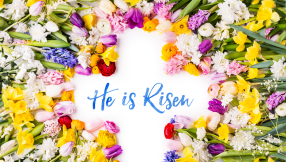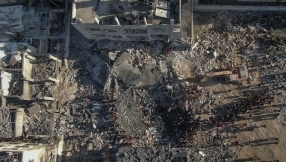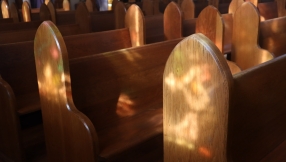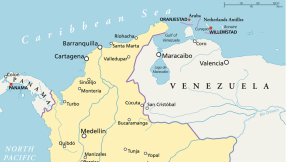Michael Newdow Versus President Bush
In a press release from ACLJ, Jay Sekulow, Chief Counsel of the ACLJ stated, "This challenge is legally flawed and represents nothing more than an attempt to remove a time-honoured tradition going back to the nation’s first President." In addition, the First Congress "did not consider opening prayers as a proselytizing activity."
Not only will tradition be overturned, but the historicity of the nation's founding will be undermined as well.
"The expression of prayer at the Presidential inauguration is not only constitutional, but an important part of the history and heritage of this nation. We’re confident that this legal challenge will meet the same fate of a similar challenge brought by Newdow four years ago concerning inaugural prayer – a legal challenge that was rejected by the courts."
Besides challenging the inaugural prayer, Newdow is also challenging the Pledge of Allegiance to the flag. Last year, the ACLJ represented members of Congress and hundreds of thousands of Americans in filing a brief at the Supreme Court opposing Newdow’s challenge to the Pledge of Allegiance, which was rejected. Newdow has filed a new lawsuit once again challenging the Pledge and the ACLJ will once again oppose that challenge.
In the brief filed on Friday, the ACLJ calls Newdow’s challenge a "personal crusade" that "serves no purpose other than to waste judicial resources at a time in our Nation’s history when those resources are needed in cases involving real threats to American liberties."
The legal defense for ACLJ's position is partly based on the Supreme Court's decision in Marsh v. Chambers 1983, which stated, the "opening of sessions of legislative and other deliberative public bodies with prayer is deeply embedded in the history and tradition of this country."
Other than history and tradition, the brief also pointed out the danger of the claim, should it be successful, would "embolden further challenges to religious expressions in the Capital, including the several religious works of art, and various religious inscriptions in the Capitol Complex, as well as prayer rooms in the House and Senate Office buildings."
Newdow is building his case on a "flawed premise that the Supreme Court's decision for Marsh v. Chambers is no longer valid."
They noted that Newdow’s first attempt at challenging inaugural prayers in 2001 was flatly rejected by both a federal district court and appeals court, and asked them to remember that virtually every President since George Washington has asked for God to bless the United States of America.













